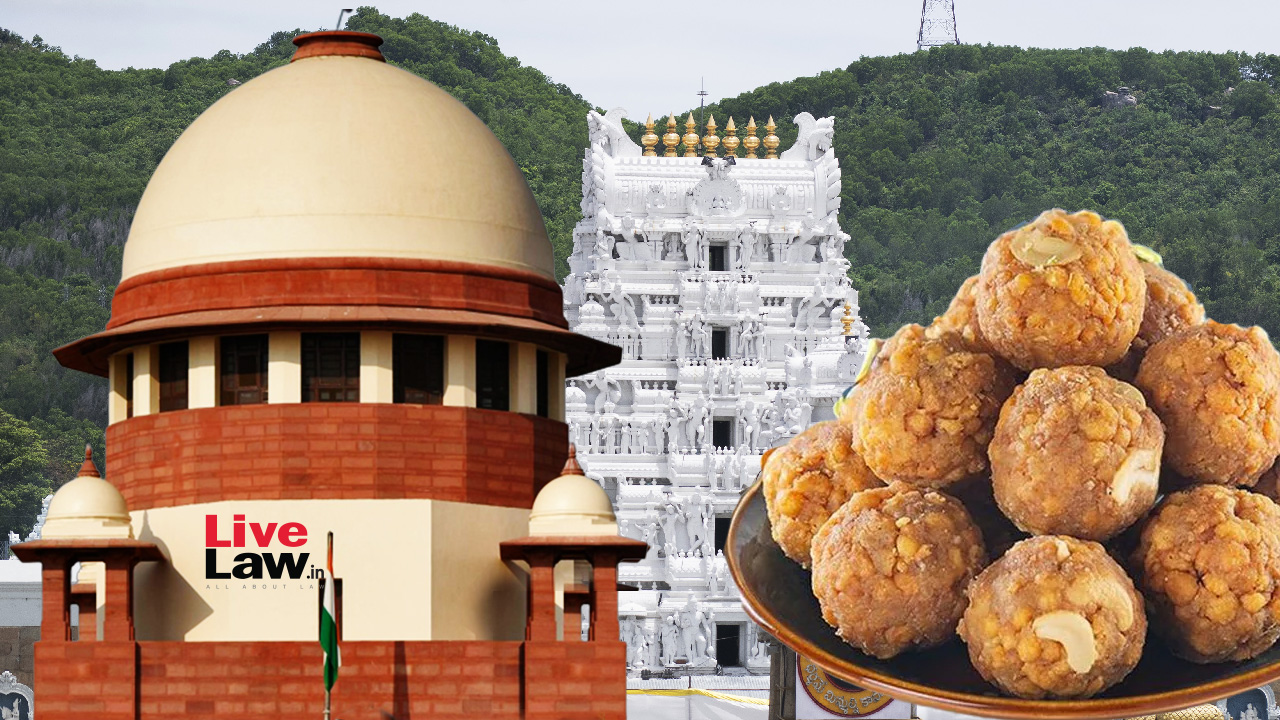 |
|
The Supreme Court of India has censured the Chief Minister of Andhra Pradesh, N Chandrababu Naidu, for publicly alleging the use of adulterated ghee in the preparation of laddus offered as prasadam at the Tirumala Tirupati Temple. The court questioned the propriety of the Chief Minister's public pronouncements, especially while the matter remained under investigation. The bench also expressed skepticism about the lab report, suggesting that it might have been based on rejected ghee samples rather than the actual ghee used in the laddus. The court's concerns stem from the sensitivity of the issue, as the Tirupati temple holds immense religious significance for millions of devotees across the globe.
The court's scrutiny of the case highlights the potential for political manipulation and the importance of maintaining religious sanctity. The court found it disconcerting that the Chief Minister, a high constitutional authority, had made statements affecting the sentiments of crores of people before a thorough investigation was concluded. The court's reservations about the lab report further emphasized the need for a comprehensive and unbiased probe to establish the truth. The court questioned whether the ghee tested was indeed the same ghee used to make the prasadam and expressed concerns about the lack of a second opinion on the lab report. The court's stance underscores the need for prudence and due diligence when handling matters related to religious institutions and faith.
The court's decision to seek instructions from the Solicitor General of India on whether a Central Investigation is warranted underscores the seriousness of the situation. The court's intervention reflects its commitment to ensure transparency, accountability, and fair investigation in matters concerning religious institutions. The court's critical observations highlight the importance of separating religious beliefs from political agendas and the need for responsible conduct from public officials in matters that hold deep religious significance. The court's directive for a potentially independent investigation signifies a commitment to safeguarding the sanctity of religious practices and protecting the sentiments of devotees.
